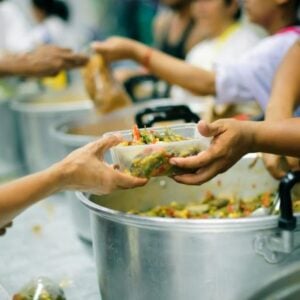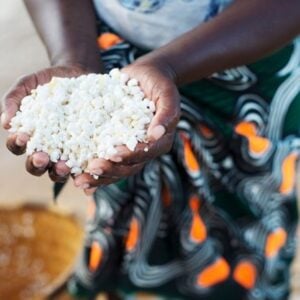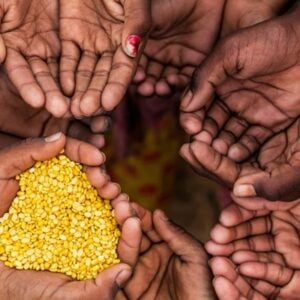Nearly 3.2 million people in the English- and Dutch-speaking Caribbean are currently food insecure, according to the latest Food Security and Livelihoods Survey conducted by the UN World Food Programme (WFP) and CARICOM. In 2025, 30% of the population reported eating less than usual, reflecting a continuing trend driven by rising food prices linked to global geopolitical disruptions over the past four years.
The region’s vulnerability is heightened by its geographic isolation, limited local resources, and growing exposure to worsening climate conditions. These factors leave Caribbean nations particularly susceptible to natural hazards and supply chain disruptions, which drive rapid increases in food prices and further limit access to nutritious food.
Rising food inflation remains a critical issue, with 94% of surveyed individuals reporting increased food costs. One-third of households have also experienced job losses or reduced incomes, exacerbating food insecurity across the region. This economic pressure is mirrored in the agricultural sector, where most farmers face soaring input costs, including those for animal feed, fertilizer, seeds, and essential machinery.
Efforts to improve food and nutrition security are being reinforced through CARICOM’s “25 by 2025+5” programme, which emphasizes the role of accurate data in shaping effective interventions. Leaders stress the need for reliable information to support strategies that can boost regional food resilience.
Looking ahead, strengthening social protection systems and emergency preparedness will be key to mitigating future shocks that threaten food access. Tools such as CARICOM and WFP’s real-time food security monitoring system are essential for identifying emerging needs quickly and guiding timely, targeted responses. The ongoing partnership, supported by the Governments of Canada and the European Union, is crucial in building long-term resilience to food insecurity in the Caribbean.







